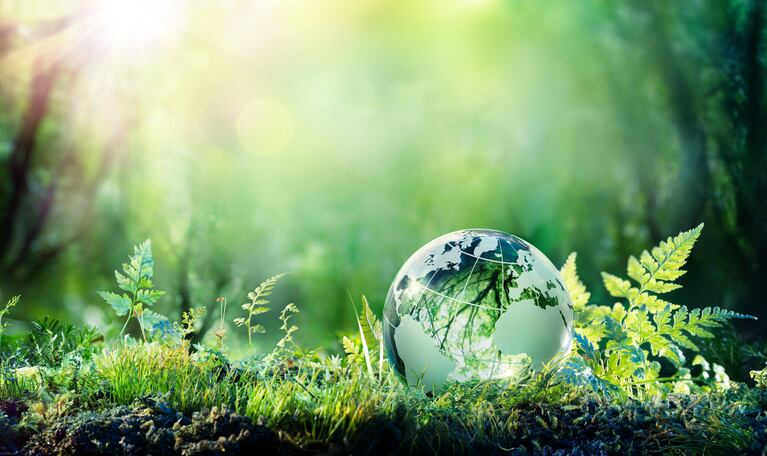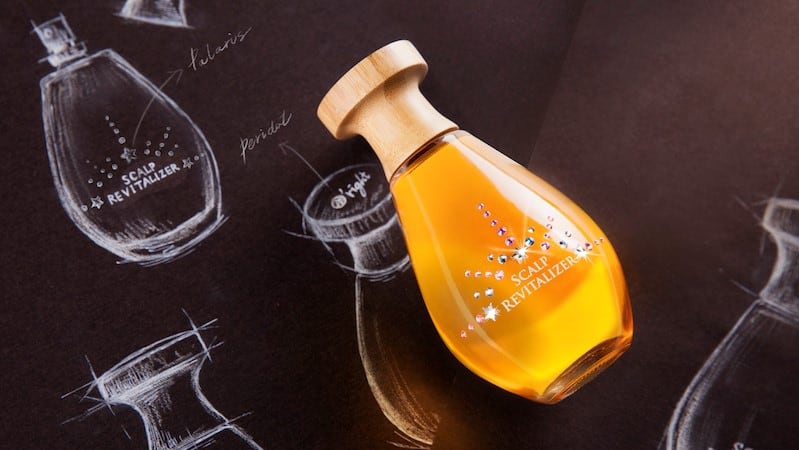Organic Bioactivies develops cosmetic ingredients based on New Zealand’s diverse range of native botanicals.
As a Māori-owned business, the firm follows Tikanga Māori — a strict, traditional harvesting practice of the indigenous people of Aotearoa New Zealand.
“Like any other indigenous people in the world, the Māori believe they are a part of nature – not as superior to nature, that's very important. They see themselves as only one part in a whole chain,” explained Andrea Taimana, founder and Chief Scientific Officer.
Tikanga Māori is a part of the Māori believe in environmental guardianship, also known as Kaitiakitanga.
It is a way of managing the environment, based on the views and philosophies of Tangata Whenua — the people of the land.
The aim of Kaitiakitanga is to protect the natural environment for the generations to come, while showing respect to their ancestors at the same time.
“It represents the belief that people are not superior to nature but a part of it and therefore responsible to our ancestors and future generation to take care of and protect the natural environment,” explained
It embraces different customs of environmental sustainability including setting certain restrictions on the unsustainable ways of approaching the Tai Ao – the natural world.
Following Tikanga Māori, the firm harvests all its ingredients, such as New Zealand Red Algae and Kawakawa leaves by hand as use of machinery is not allowed.
“The indigenous people of New Zealand have time-proven customs and approach, it’s a way of life. Some of the customs are very strict and they cannot be breached in their philosophy,” said Taimana.
According to Tikanga Māori, companies must also harvest thoughtfully.
This means it can only harvest the amount that is needed and must be mindful about the condition of the plants it takes from.
“We have to observe which plants are healthier. Not only will these plants give you better nutrients, but it can also recovery faster. Also, when we cut something from a plant, we have to take care of it by dressing ‘wounds’ of the plants,” said Taimana.
Additionally, if the company has any crops it was unable to process, the leftovers must be returned to the original source, be it the sea or forest it was harvested from.
If this is impossible, the leftovers have to be returned back into the earth via methods like composting.
“It sounds complicated, but it's not when you understand the natural rhythms. In that way, you can contribute not only in protecting the environment but also encourage nature to produce better and healthier plants for future generations,” said Taimana.
By keeping these traditional customs in mind, companies can tap into the wisdom that has been passed down through the generations.
“A very important part of Tikanga Māori is observing what is going on in nature. For example, when harvesting kawakawa leaves, we only take the leaves that have been partly eaten by the kawakawa moth. What’s interesting is that clinical studies revealed that those partly eaten leaves had far more anti-inflammatory properties than the untouched leaves,” said Taimana.
What about scalability?
Following the mandates of Tikanga Māori can be challenging for companies looking to scale it business.
Over the last six years, Organic Bioactives have developed a proprietary tripartite extraction (TPT) method which utilises cold processing and ultrasonic assisted extraction to increase the yield from a relatively small harvest.
Taimana estimates that with TPT extraction, the firm can get five to 10 times more bioactives compared to traditional extraction methods.
“The main goal of the extraction method is to get high yield with extremely low environmental impact. With it, we can continue use controlled, sustainable harvesting by hand and gain enough ingredients to meet global demands.”
Taimana believes the traditional way of harvesting will spread across all industries in New Zealand, especially since the ideas behind Kaitiakitanga have been implement on a government level in terms of rules and regulations.
“Kaitiakitanga is getting rediscovered and implemented in New Zealand’s government regulations and sustainability laws, showing its approach through many New Zealand businesses and their day to day management and operations. Even if you are a foreign investor who has a business here, everyone has to respect those rules.”





